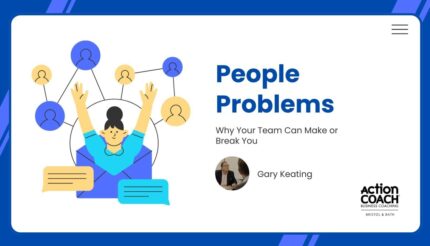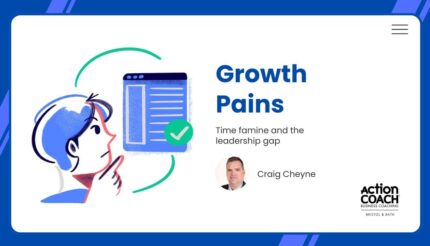Discover how effective recruitment strategies can empower business development managers to drive unprecedented growth in your organisation.
Identifying Core Competencies in Business Development Roles
To build a strong business development team, it’s crucial to identify the core competencies that are essential for success in these roles. Key competencies often include strong communication skills, strategic thinking, and the ability to build and maintain relationships. Additionally, a deep understanding of market trends and the ability to adapt to changing conditions are vital.
By focusing on these competencies during the recruitment process, business development managers can ensure that they are selecting candidates who not only fit the immediate needs of the role but also have the potential to grow and contribute to the long-term success of the organisation.
Building a Recruitment Strategy That Aligns with Business Goals
A well-crafted recruitment strategy should be closely aligned with the overall business goals of the organisation. This means understanding the strategic direction of the company and identifying the types of talent that will be needed to achieve these goals. For instance, if the company is looking to expand into new markets, it may be necessary to recruit individuals with experience in those specific regions.
By aligning recruitment efforts with business objectives, business development managers can ensure that they are not only filling immediate vacancies but also building a team that is capable of driving future growth. This strategic approach to recruitment helps in creating a workforce that is aligned with the company’s vision and mission.
Leveraging Technology for Efficient Talent Acquisition
In today’s digital age, leveraging technology is essential for efficient talent acquisition. Tools such as applicant tracking systems (ATS), artificial intelligence (AI), and data analytics can help streamline the recruitment process, making it easier to identify and engage with top talent. These technologies can automate repetitive tasks, such as resume screening and interview scheduling, allowing business development managers to focus on more strategic activities.
Furthermore, social media platforms and online job boards can be powerful tools for reaching a wider audience. By utilising these technologies, organisations can enhance their recruitment efforts, reduce time-to-hire, and improve the overall candidate experience.
Cultivating a Culture That Attracts Top Talent
A strong organisational culture is a key factor in attracting and retaining top talent. Business development managers should work closely with HR and leadership teams to cultivate a culture that reflects the company’s values and mission. This involves creating an environment where employees feel valued, supported, and motivated to perform at their best.
Offering opportunities for professional growth, promoting work-life balance, and recognising employee achievements are some ways to foster a positive culture. When the organisational culture resonates with potential candidates, it becomes easier to attract individuals who are not only skilled but also align with the company’s ethos.
Measuring the Impact of Recruitment on Business Growth
To ensure that recruitment efforts are contributing to business growth, it’s important to measure their impact. This can be done by tracking key performance indicators (KPIs) such as time-to-hire, cost-per-hire, and employee retention rates. Additionally, assessing the performance and contributions of new hires over time can provide insights into the effectiveness of the recruitment strategy.
By regularly evaluating these metrics, business development managers can identify areas for improvement and make data-driven decisions to optimise the recruitment process. Ultimately, measuring the impact of recruitment efforts helps in building a high-performing team that drives sustainable growth for the organisation.





